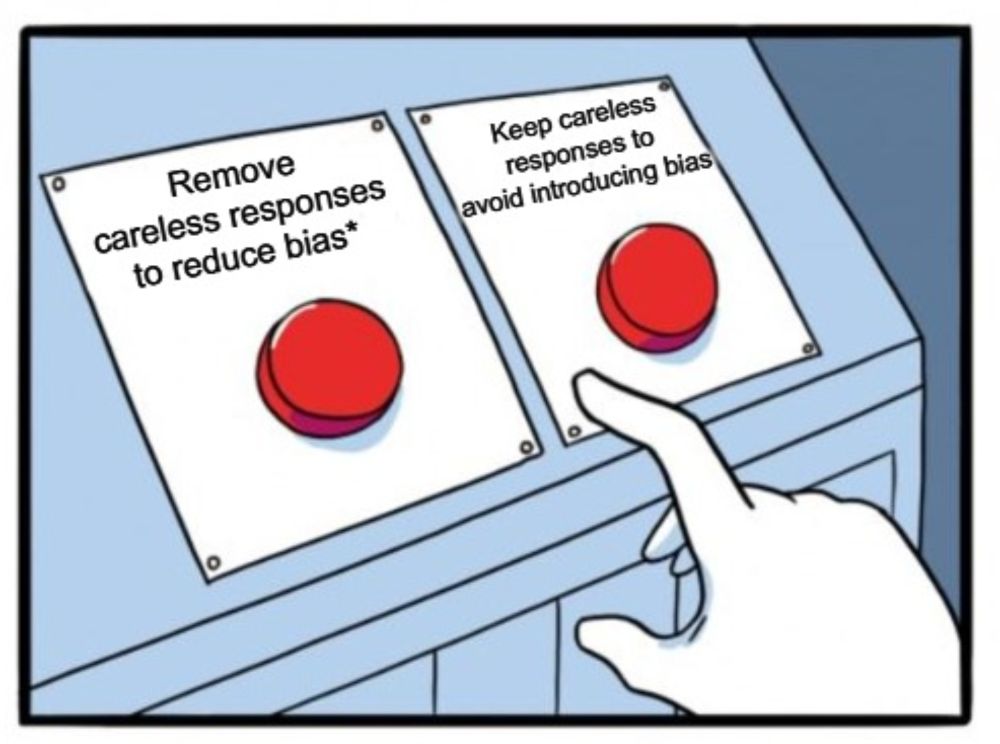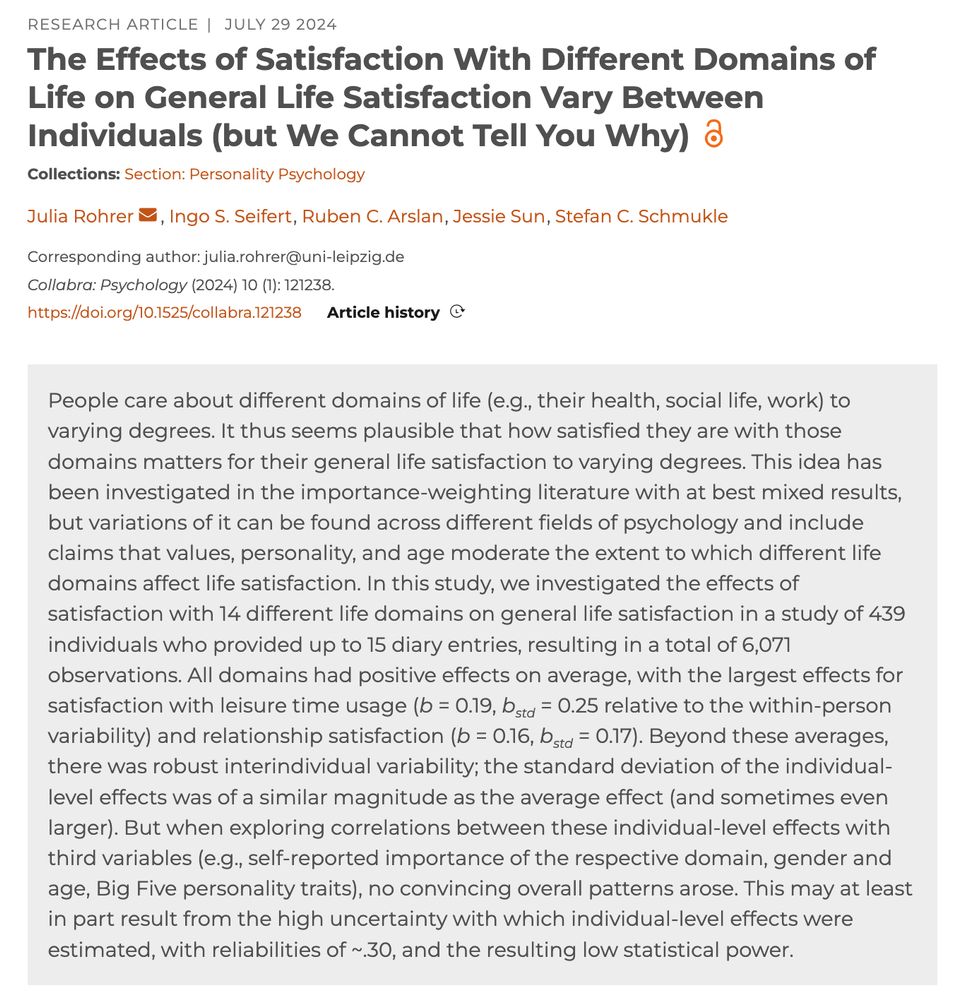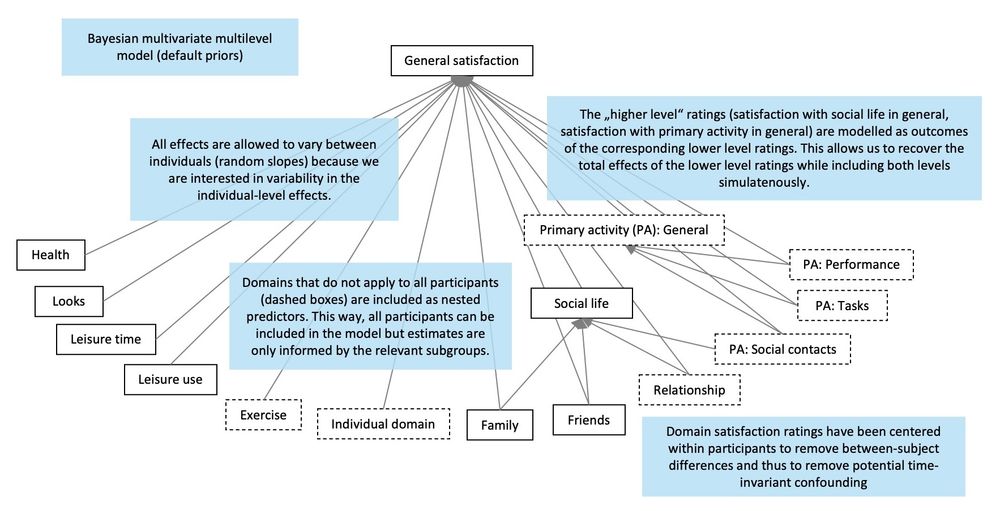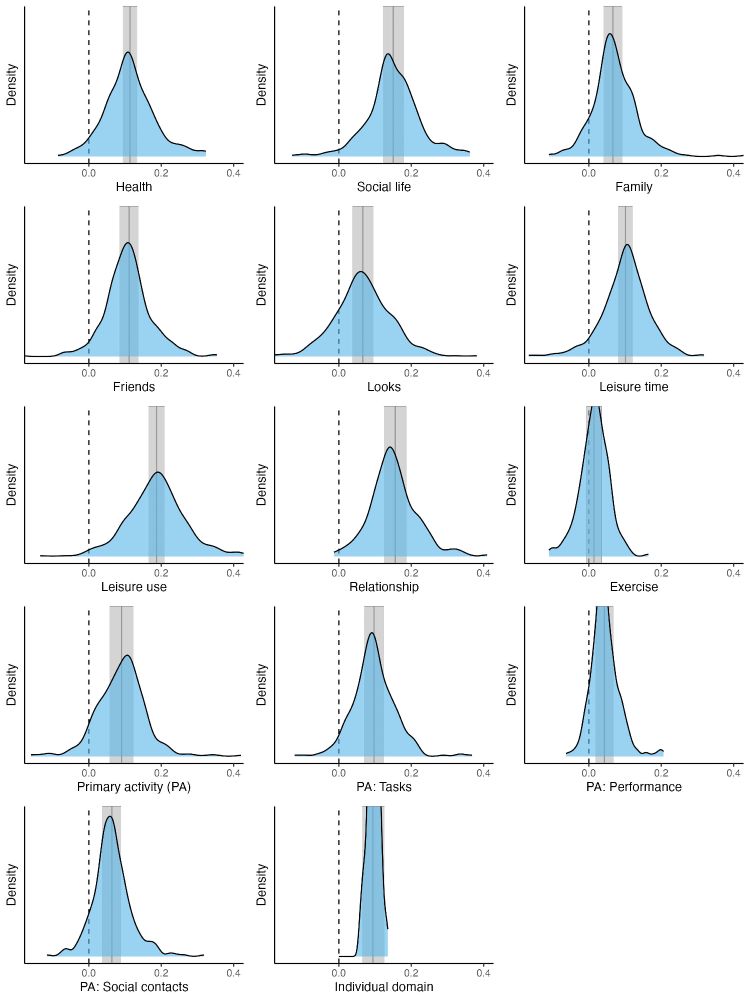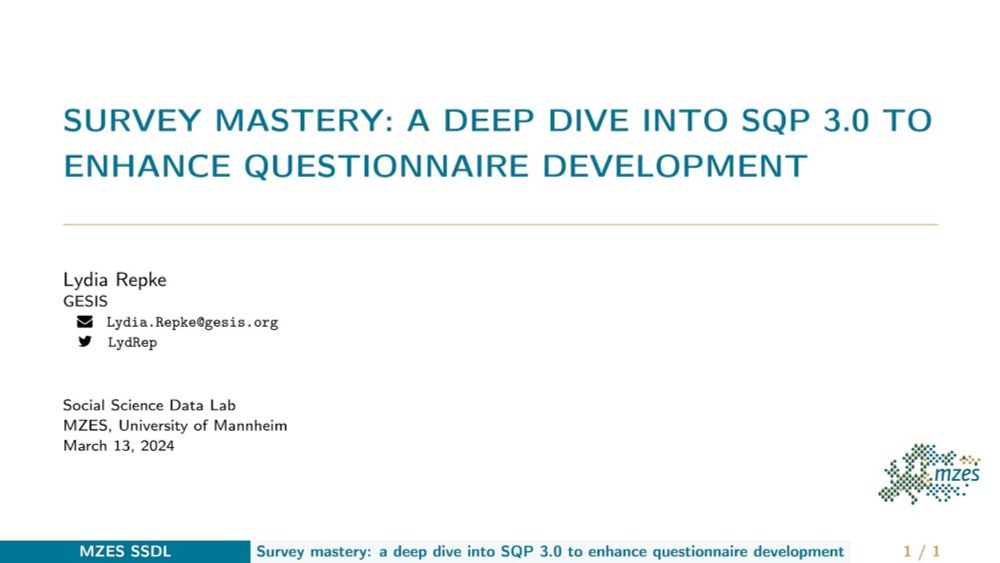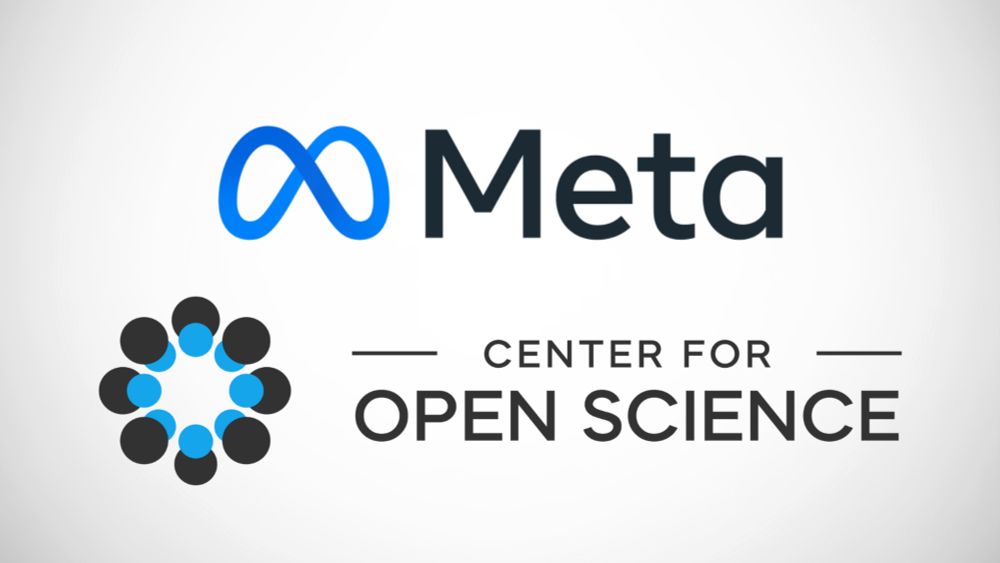Check out RegCheck, the latest research tool by the lab, headed by @jamiecummins.bsky.social: Automatically compare preregistrations with papers and reports deviations.
We might be hiring a postdoc to work on this full time nexyct year, so if this flips your pancake, please get in touch!
23.07.2024 17:15 — 👍 13 🔁 7 💬 0 📌 0
Here are some of my favorite books that I read in 2024, in no particular order. If you are a fan of intelligent nonfiction like I am, hopefully you will enjoy some of these!
27.12.2024 15:10 — 👍 41 🔁 3 💬 1 📌 0
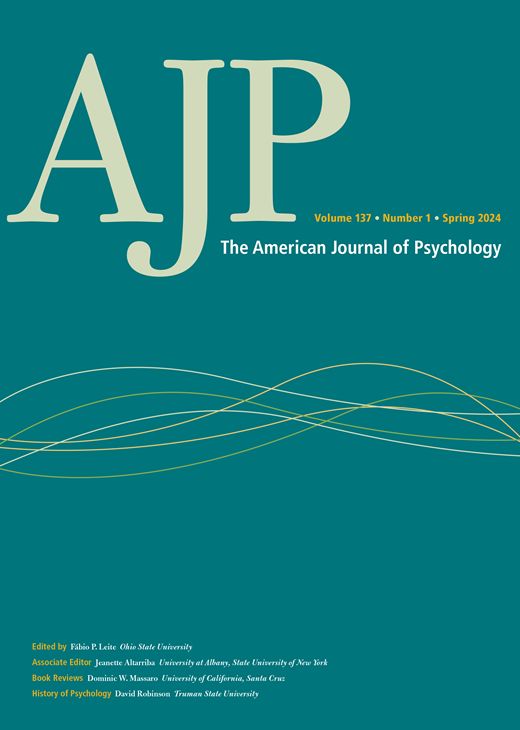
Cover of the American Journal of Psychology, Volume 137, Issue 1, Spring 2024
Teal background with abstract wavy lines crossing the middle of the cover and list of editors in the bottom left corner.
In American Journal of Psychology Vol. 137, Iss. 1, Joachim I. Krueger and @dgruning.bsky.social review "The Unceremonious Death of Free Will" by Robert M. Sapolsky (@penguinpress.bsky.social 2023). https://buff.ly/41qAYjN
25.12.2024 14:00 — 👍 2 🔁 1 💬 0 📌 0
Yay!!! 🎉 Excited to join #Bluesky! 🌟 We're sharing the latest updates on cutting-edge research and fresh insights into human development. Let's connect, learn, and explore together! 🚀 #Science #MaxPlanck
16.12.2024 09:47 — 👍 42 🔁 12 💬 1 📌 1
Same, .30 is actually decent! (We found way lower correlations, but the item was also super broad.)
Also: Do it for self-reports on intervention effects on online consumption & it‘s even worse (more reliable is honestly who dropped out of the intervention).
10.12.2024 09:56 — 👍 2 🔁 0 💬 0 📌 0

The Impact of Incentivization on Recruitment, Retention, Data Quality, and Participant Characteristics in Ecological Momentary Assessments
Does it make a difference how you pay your participants in Ecological Momentary Assessment studies, and if you provide summary feedback or not? Probably yes! ➡️ New study published in the Journal of Trial and Error: doi.org/10.36850/28b...
#HealthPsych #BehSci #DigitalHealth
Details in 🧵
03.12.2024 15:57 — 👍 23 🔁 5 💬 1 📌 0
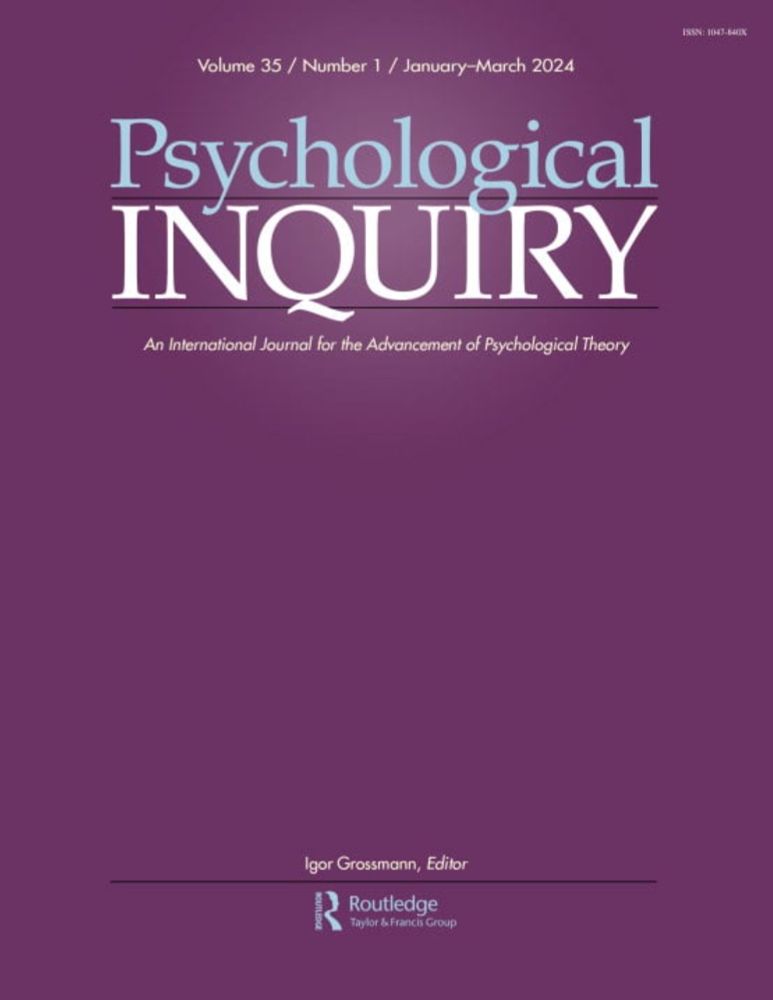
Inductive Reasoning Model
We introduce the Inductive Reasoning Model (IRM) as a comprehensive platform for the study of several phenomena central to self- and social perception. Going beyond the traditional phenomenon-focus...
🚨 Brace yourselves, folks! The Inductive Reasoning Model by Krueger, David GruningJ, Patrick Heck, & David Freestone is about to take the cognitive science by storm! 🌪️ This formalized model is a fresh take on social perception & can in fact make concrete predictions 🌈 bit.ly/IndReas #MindBlown
31.07.2024 13:50 — 👍 7 🔁 4 💬 1 📌 1
Very excited to finally share our preprint after three years in the making! With @ruben.the100.ci @brionyswire.bsky.social @anaskozyreva.bsky.social @michaelgeers.bsky.social @stefanherzog.bsky.social and Ralph Hertwig, we assessed the motives for posting content. (1/x)
osf.io/preprints/ps...
03.07.2024 18:34 — 👍 14 🔁 8 💬 1 📌 1
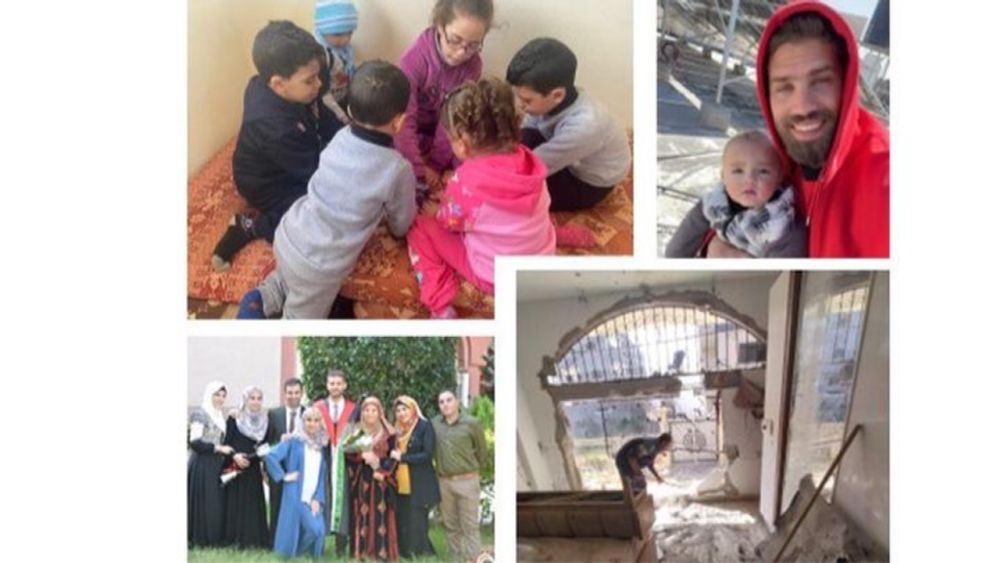
Help my family evacuate from Gaza, organized by Jana Anvari
Hello kind people of the world,
I am asking for your help in bringing my family to s… Jana Anvari needs your support for Help my family evacuate from Gaza
My wife has family in Gaza, brothers and sisters, nieces and nephews. I don’t need to tell you how bad things are, and they’re the lucky ones. We want to try to help get them out. Please, if you can, donate and/or share this gofundme link; no amount is too small. gofund.me/6356721f
16.04.2024 18:01 — 👍 39 🔁 35 💬 8 📌 2
We'll likely have a 2-year postdoc position in our lab (MetaMelb) in psych at Melbourne Uni, starting later this year.
If you have a PhD, do relevant stuff, & want to spend 2 years in Melbourne studying psychology research methods & practices, please get in touch!
Please share!
16.04.2024 00:44 — 👍 44 🔁 68 💬 0 📌 2
2024-03-13 | Input Talk | Lydia RepkeAbstractDesigning questionnaires is said to be an art. It involves knowledge and experience. To make this a more scienti...
Survey mastery: a deep dive into SQP 3.0 to enhance questionnaire development
🚨 Content alert 🚨
New recording and workshop materials published!
▶️ Survey mastery: a deep dive into SQP 3.0 to enhance questionnaire development
👤 @lydiarepke.bsky.social (GESIS)
📺 youtu.be/0zvMVONgurY
📄 github.com/SocialScienceDataLab/survey-sqp-questionaire
11.04.2024 14:31 — 👍 5 🔁 2 💬 0 📌 2

3-year PhD position (75%) in Social Cognition
Come join us for a three year PhD position on Evaluative Conditioning in our group at the Ruhr Uni Bochum.
Primary advisor is @moritzingendahl.bsky.social
jobs.ruhr-uni-bochum.de/jobposting/e...
08.04.2024 15:41 — 👍 9 🔁 6 💬 0 📌 0
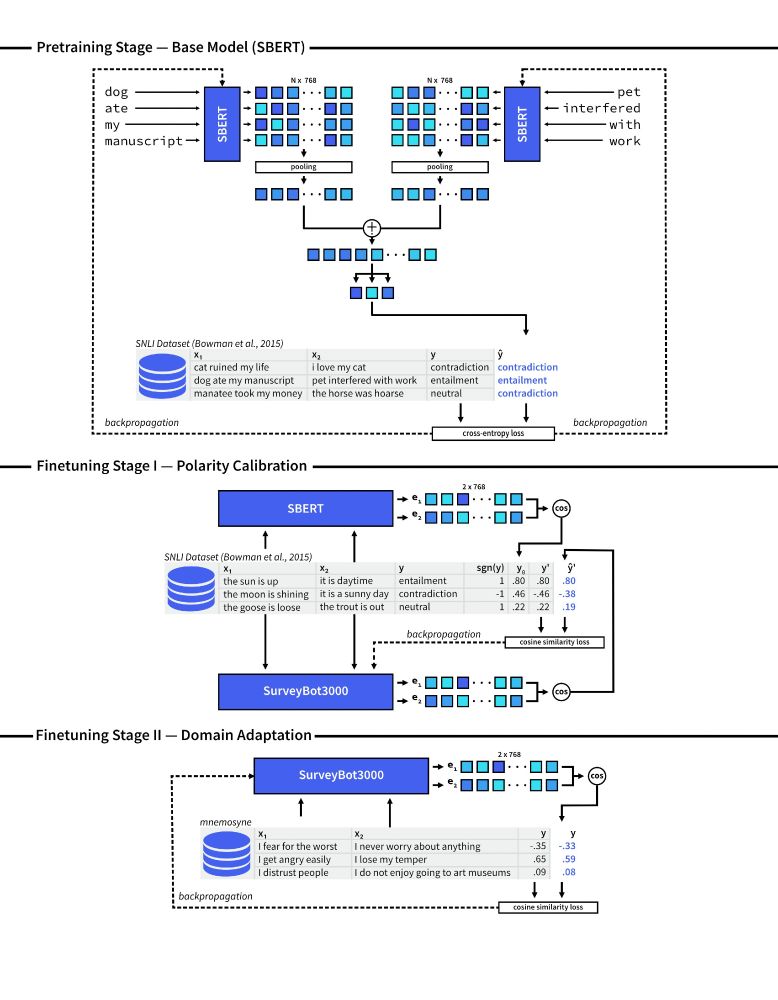
Training process for the SurveyBot 3000
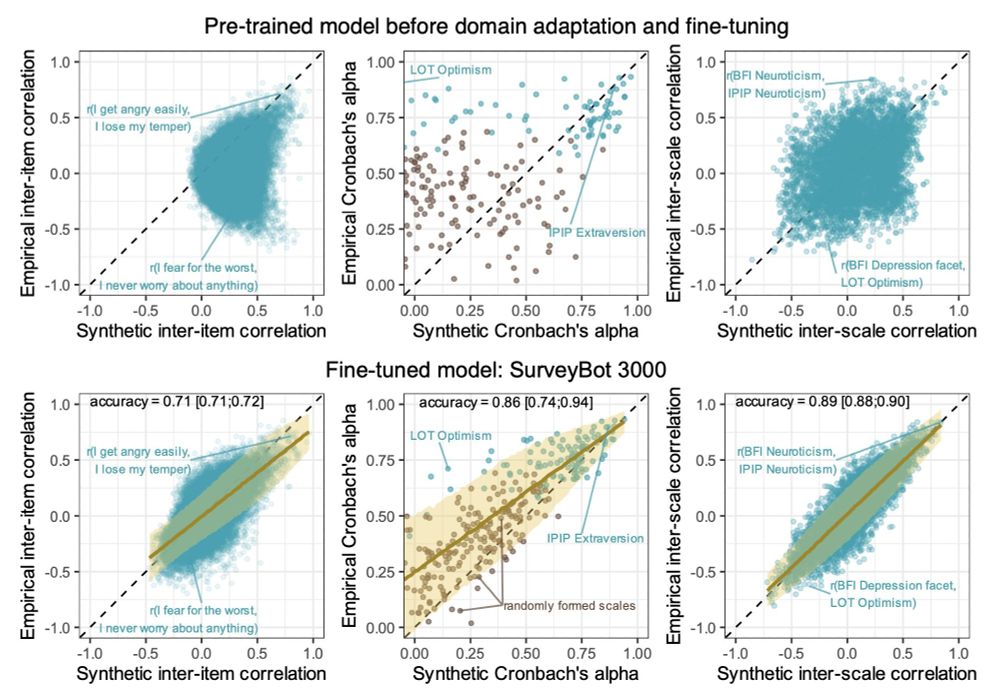
Scatter plots for synthetic vs empirical coefficients (inter-item correlations, reliabilities, inter-scale correlations)
New work by @bjoernhommel.bsky.social and me. We fine-tuned a language model to predict correlations between survey items. In our pilot, the out-of-sample accuracy was .71 for items, .86 for reliabilities, and .89 for scale correlations. A preregistered follow-up is planned.
osf.io/preprints/ps...
08.04.2024 09:11 — 👍 25 🔁 11 💬 2 📌 0
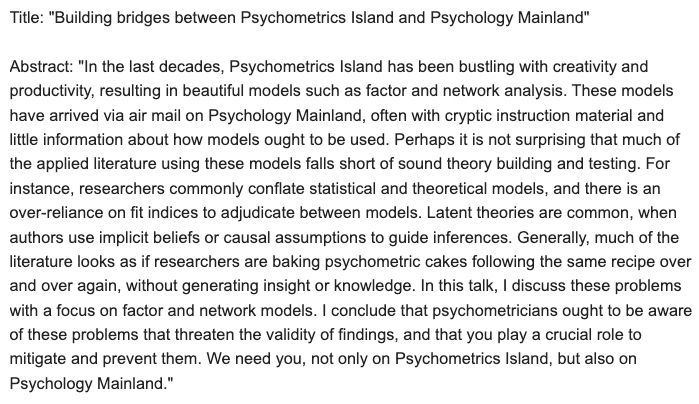
abstract of the talk:
Title: "Building bridges between Psychometrics Island and Psychology Mainland"
Abstract: "In the last decades, Psychometrics Island has been bustling with creativity and productivity, resulting in beautiful models such as factor and network analysis. These models have arrived via air mail on Psychology Mainland, often with cryptic instruction material and little information about how models ought to be used. Perhaps it is not surprising that much of the applied literature using these models falls short of sound theory building and testing. For instance, researchers commonly conflate statistical and theoretical models, and there is an over-reliance on fit indices to adjudicate between models. Latent theories are common, when authors use implicit beliefs or causal assumptions to guide inferences. Generally, much of the literature looks as if researchers are baking psychometric cakes following the same recipe over and over again, without generating
Excited to visit Prague this year for a talk at IMPS on the gap between psychometrics island and psychology mainland!
02.04.2024 14:42 — 👍 10 🔁 2 💬 0 📌 0
Take a measurement, leave a measurement zis.gesis.org/en thanks to @lydiarepke.bsky.social and other colleagues
22.03.2024 15:58 — 👍 4 🔁 2 💬 0 📌 0

Contact
CONTACT
In case of any requests, queries, or questions, please email malte.elson@unibe.ch or ian.hussey@unibe.ch.
Responsible for ERROR:
Psychology of Digitalisation LabUniversity of Ber...
We are currently looking for a reviewer with expertise in SAS. Domain knowledge in intergroup dynamics would be ideal, but is not a must. If you are interested or know someone who might fit this description, please let us know! Reply here or email: error.reviews/contact/
21.03.2024 11:16 — 👍 5 🔁 12 💬 0 📌 0
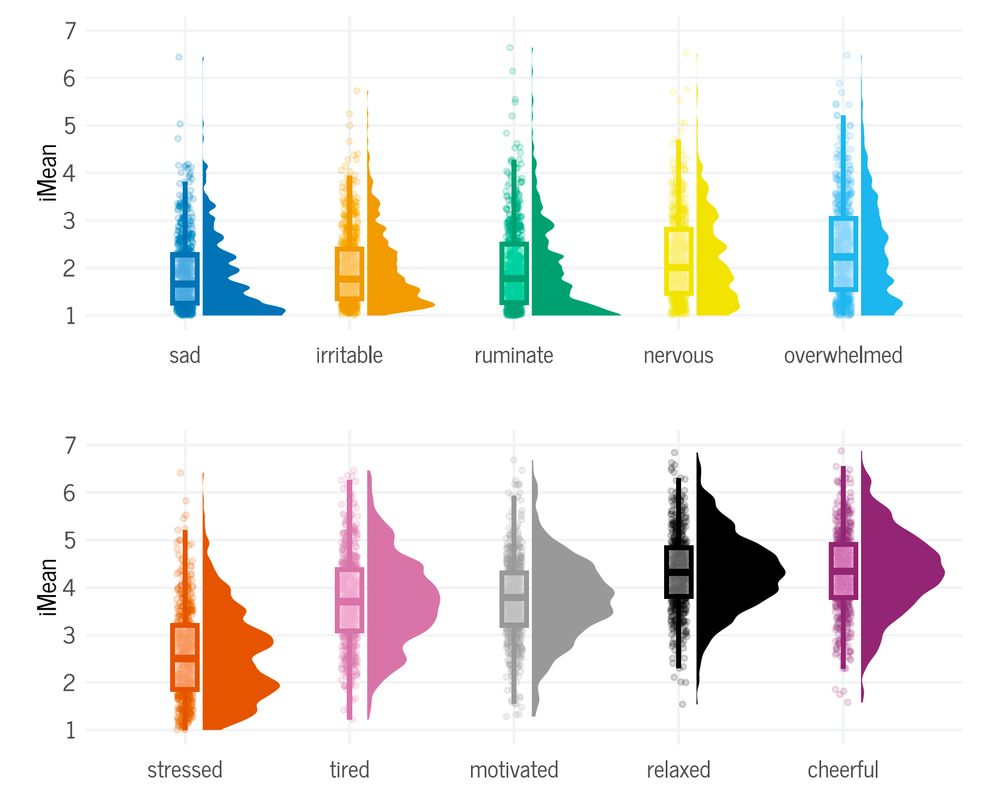
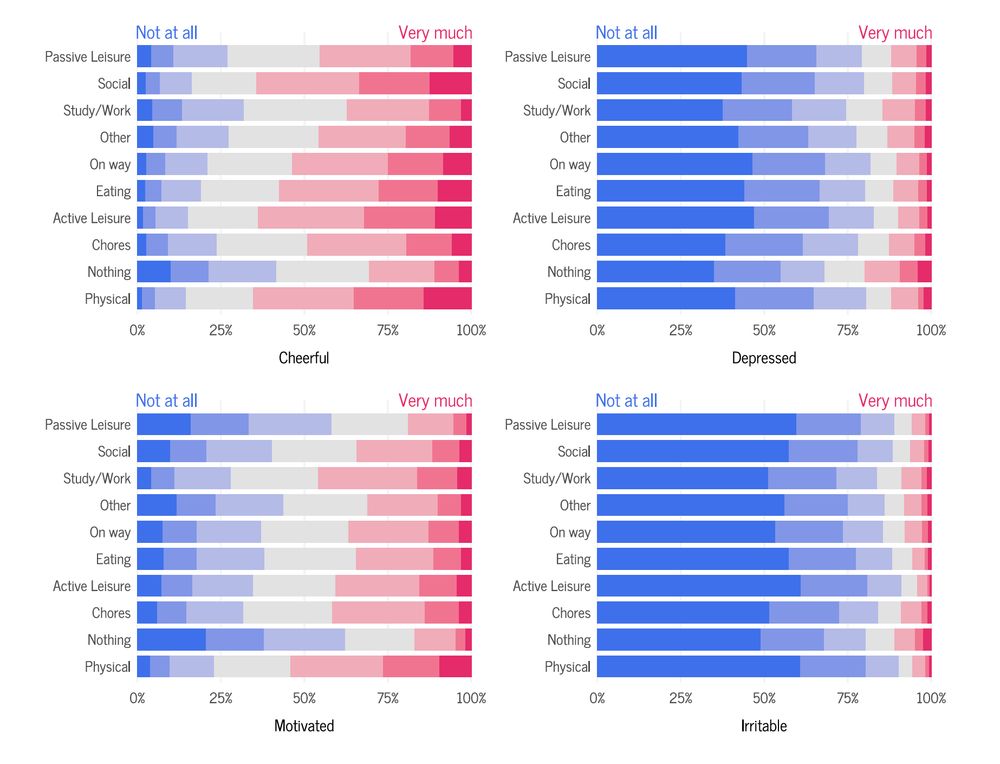
1/8 New tutorial preprint led by @bsiepe.bsky.social in which we present different descriptive statistics & data visualization techniques with the goal to better understand EMA item functioning.
Preprint: osf.io/preprints/ps...
Brief overview thread 🧵
29.01.2024 10:03 — 👍 51 🔁 26 💬 3 📌 1
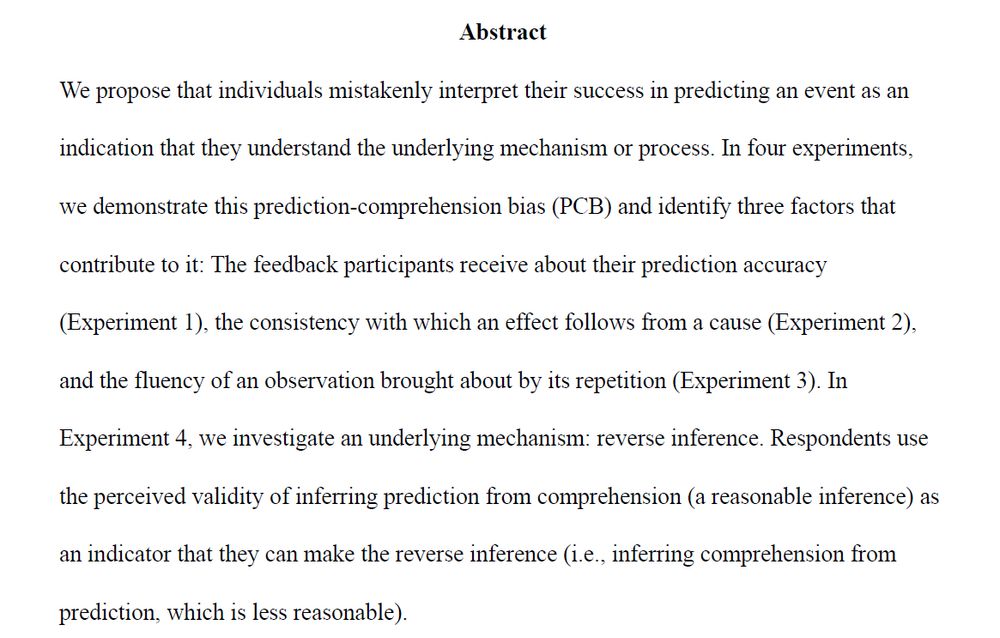
New work by David Grüning (@dgruning.bsky.social) and André Mata (2024) finds evidence for a “prediction-comprehension bias”:
“[People] overinterpret their prediction success as indicating that they have good comprehension of what they predicted.”
Preprint: osf.io/preprints/ps...
#Psychology
20.01.2024 17:16 — 👍 4 🔁 3 💬 2 📌 0
Thanks much for the nods to this literature, @markrubin.bsky.social!
Both seem to be very relevant regarding similar lines of theorizing. We’ll make sure to include these in an updated version of the preprint & the submitted version!
21.01.2024 19:23 — 👍 1 🔁 0 💬 1 📌 0
SAVE THE DATE! We are bringing EGPROC to Berlin (August 1-2, 2024). This interdisciplinary conference brings together researchers who use various processes-tracing methods to study decision making. More info coming soon...
17.01.2024 11:23 — 👍 5 🔁 5 💬 2 📌 1
New paper by John Rauthmann highlighting something that's too often forgotten:
- Personality is more than basic tendencies
- Basic tendencies are more than Big Five traits
- Self-report ist just one approach to trait measurement
journals.sagepub.com/doi/10.1177/...
18.12.2023 10:28 — 👍 10 🔁 1 💬 0 📌 0
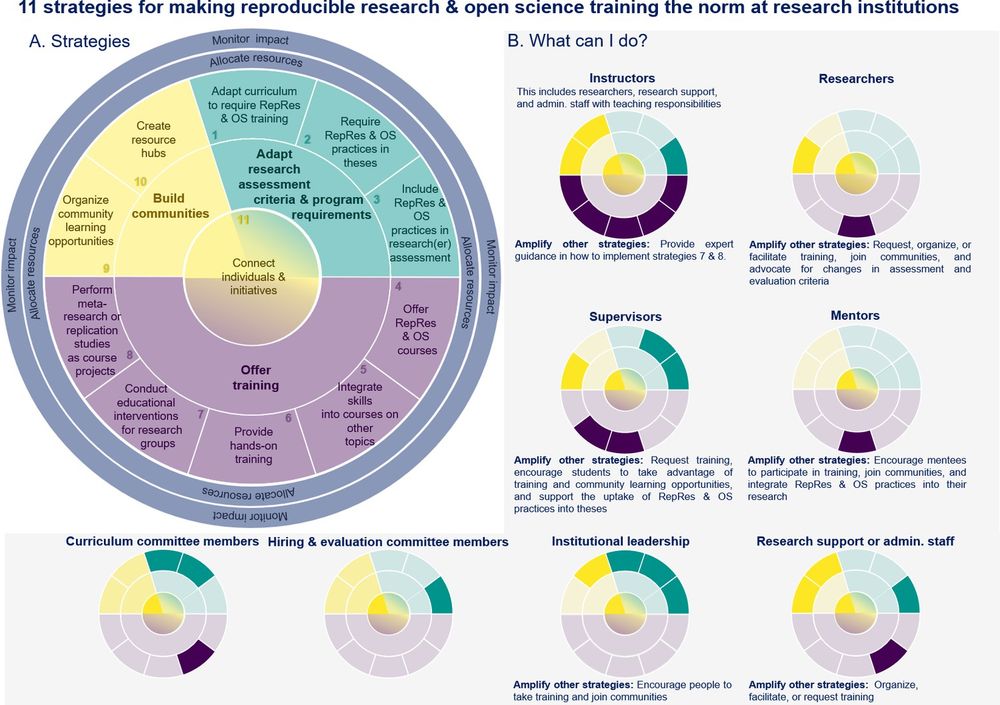
The eleven strategies are concentrated in three areas: (1) adapting research assessment criteria and program requirements (cyan), (2) offering training (purple), and (3) building communities (yellow). While Strategy 11 is part of the ‘build communities’ category, it is placed at the center to highlight the importance of building connections with others working on strategies in other areas. Institutions can support those working on the eleven strategies by allocating resources and monitoring impact. These activities are shown as two blue rings encircling the eleven strategies. The small multiples (small versions of the main graph) highlight the strategies that different stakeholders can directly use at their institutions.
📝Eleven strategies for making reproducible research & open science training the norm at research institutions.
Writen in collaboration with 50+ researchers involved in promoting open science after a virtual brainstorming event -was lots of fun !
doi.org/10.7554/eLif...
24.11.2023 13:06 — 👍 22 🔁 18 💬 0 📌 0
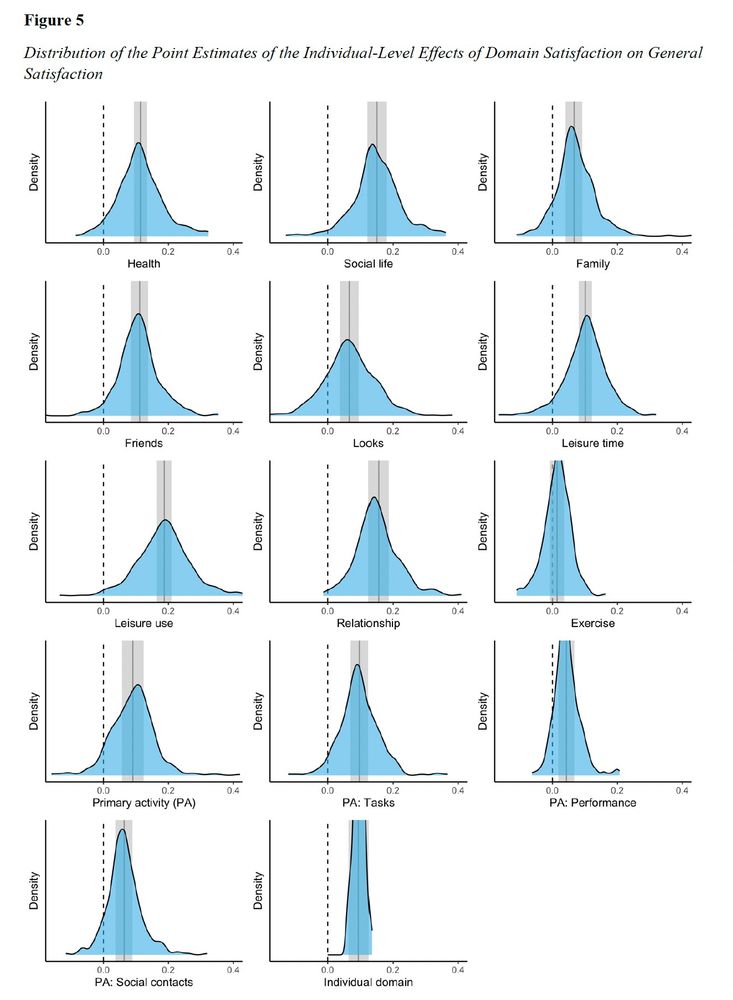
Plot displaying the distributions of the point estimates of the individual-level effects of domain satisfaction on general life satisfaction
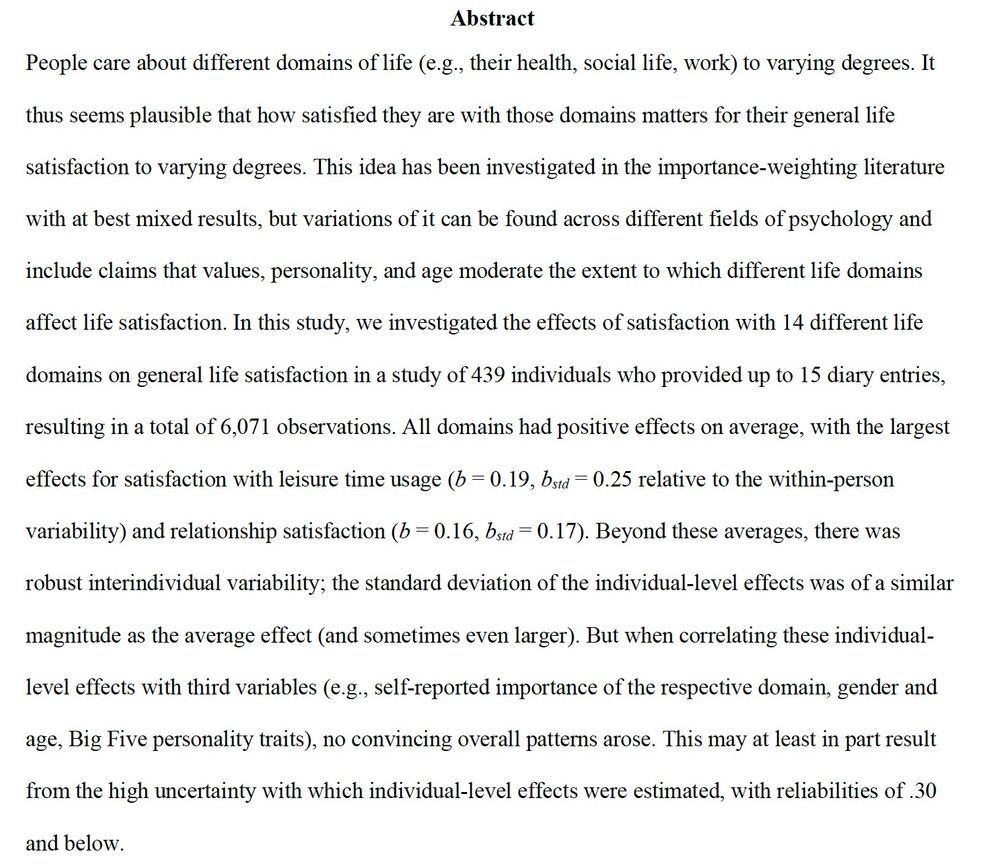
People care about different domains of life (e.g., their health, social life, work) to varying degrees. It thus seems plausible that how satisfied they are with those domains matters for their general life satisfaction to varying degrees. This idea has been investigated in the importance-weighting literature with at best mixed results, but variations of it can be found across different fields of psychology and include claims that values, personality, and age moderate the extent to which different life domains affect life satisfaction. In this study, we investigated the effects of satisfaction with 14 different life domains on general life satisfaction in a study of 439 individuals who provided up to 15 diary entries, resulting in a total of 6,071 observations. All domains had positive effects on average, with the largest effects for satisfaction with leisure time usage (b = 0.19, bstd = 0.25 relative to the within-person variability) and relationship satisfaction (b = 0.16, bstd = 0.17
New preprint! What makes for a satisfying life? The obvious answer is “it depends” and so there has been a lot of interest in heterogeneous effects on well-being. In our study, we tackled the question using diary data on both domain satisfaction and general life satisfaction: osf.io/preprints/ps...
23.11.2023 14:19 — 👍 78 🔁 36 💬 4 📌 2
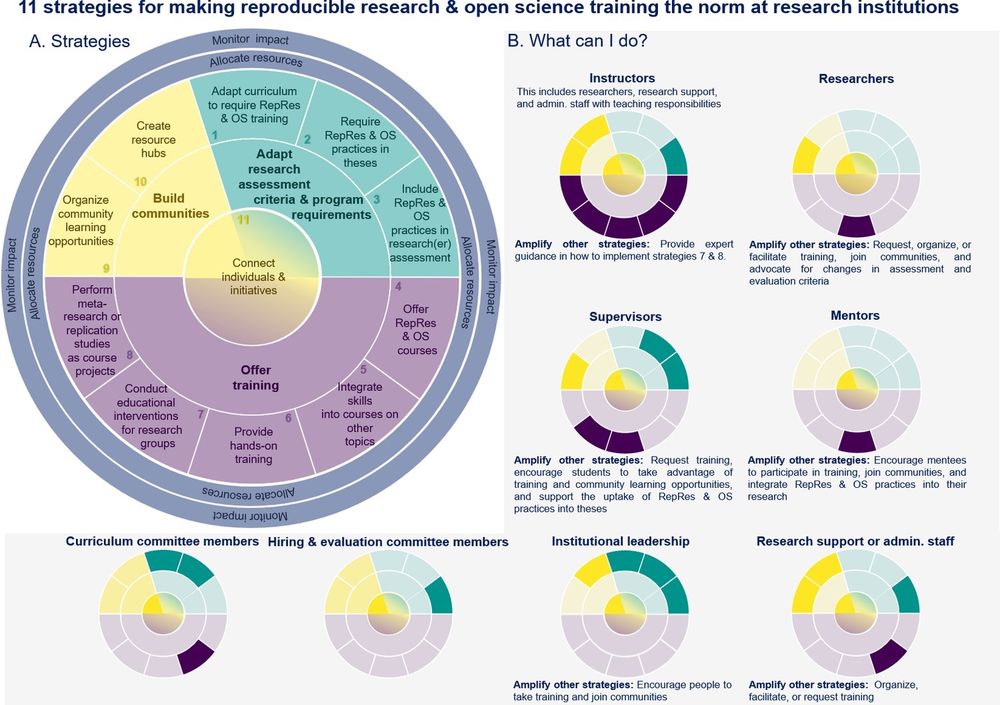
Eleven strategies for making reproducible research and open science training the norm at research institutions elifesciences.org/articles/89736
23.11.2023 20:20 — 👍 33 🔁 19 💬 1 📌 1

Leipzig School of Human Origins banner
Humans, what's up with us? Where did we come from? Where are we going? Why do my feet hurt? Apply by 31st December 2023 to join The Leipzig School of Human Origins and help find answers to these questions. 🧪 www.eva.mpg.de/career/posit...
21.11.2023 08:14 — 👍 37 🔁 29 💬 1 📌 0
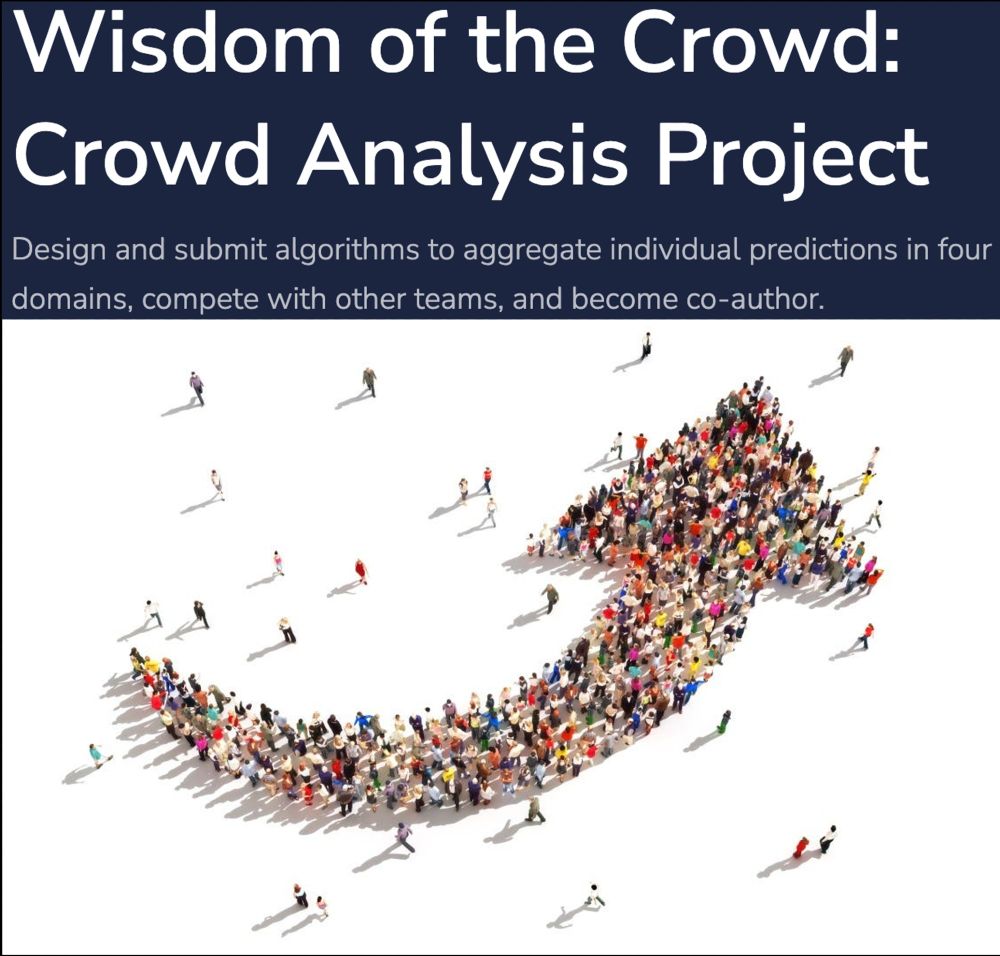
How do we need to combine individual predictions to maximize prediction accuracy, i.e., Wisdom of the Crowd? We invite YOU to propose an aggregation mechanism that will compete with other research teams' suggestions in a number of prediction tasks. Interested? Read more: woccap.com Please repost!
09.10.2023 09:50 — 👍 22 🔁 18 💬 0 📌 3
Economist at Uni Bern and WA, love to travel, sports fan, curious about everything science and fantasy, father of two great kids
The podcast that deconstructs our digital lives.
Hosted by @nicolafh.bsky.social and @drliam.bsky.social
Professor of Economics @LMU_Muenchen. Research: #competitionpolicy, #innovation & #multinationalfirms. Chair of the 🇩🇪 Council of Economic Experts - Vorsitzende des Sachverständigenrats Wirtschaft -
www.sachverstaendigenrat-wirtschaft.de
Researcher at Cambridge. PhD in evolutionary psychiatry. Explaining neurodiversity, improving methods & stigma. 'Evolving Psychiatry' podcast host.
🎓 Postdoc and SNSF Ambizione fellow @ University of Zürich
🔍 Doing research on mental health, digital interventions and social processes
🇨🇦Distinguished Research Professor at the University of Calgary🇨🇦. Creator of the PROCESS macro for SPSS, SAS, & R. Director of the Canadian Centre for Research Analysis and Methods. afhayes.com haskayne.ucalgary.ca/ccram
Associate Prof at Ohio State | tracking and thinking about how our tech habits are changing -- and (maybe) changing our minds
habits | social connection | social apps | mobile methods | JosephBayer.com
Postdoc at the Oxford Internet Institute - video games, mental health, open research, theory generation.
Confused PhD student in psychology at Karolinska Institutet, Stockholm. GAD, ICBT, mechanisms of change. Organizing the ReproducibiliTea JC at KI.
Website: https://vilgot-huhn.github.io/mywebsite/
Personal blog at unconfusion.substack.com
I engage in the subversive act of investigating & teaching how best to read & document science. Helio: https://zenodo.org/records/14242565
DMs about my work are welcome. If I don't know you, anything will else will get you blocked.
"Top egghead neuroscientist" - The Daily Star
Author, science communicator/pundit, former psychiatry lecturer, occasional wit, frazzled parent, balding
The Idiot Brain 10 Year Anniversary Edition : https://amzn.eu/d/3GVTx02
I work with communities on citizen science for safer, fairer, more understanding Internet. Founder: Citizens & Technology Lab. Assistant Prof in Communication at Cornell · Guatemalan-American. @natematias@social.coop
natematias.com
citizensandtech.org
Professor of Psychology and Science Communication | Award-winning science writer | Screen Time | Social Media | Smartphones | Video games | https://linktr.ee/unlockedbook
I am an assistant professor at Tilburg University's Department of Social Psychology.
I have a website at https://vuorre.com.
All posts are posts.
tech + teens + better science @ http://digitalmentalhealth.group // Group Leader, MRC Cognition and Brain Sciences Unit, University of Cambridge // Fellow + Director of Studies, St. John's College // 📸 marcus ginns
Dad, Husband, and Professor
Psychologist at University of Oxford | Adolescence + mental health
Linktr.ee/lucyfoulkes
Research Fellow | University of Oxford | Magdalen College.
Head of Oxford EDGE Lab | @edgelab.bsky.social.
Clinical Psychologist | Public Health | Statistics.
I study how people transition into and recover from mental disorders.
Professor for Media Effects and Media Psychology, @ifpmainz.bsky.social, University of Mainz, Germany // Greek at Heart
University of Illinois Press / Publisher of scholarly and regional trade books and journals since 1918
